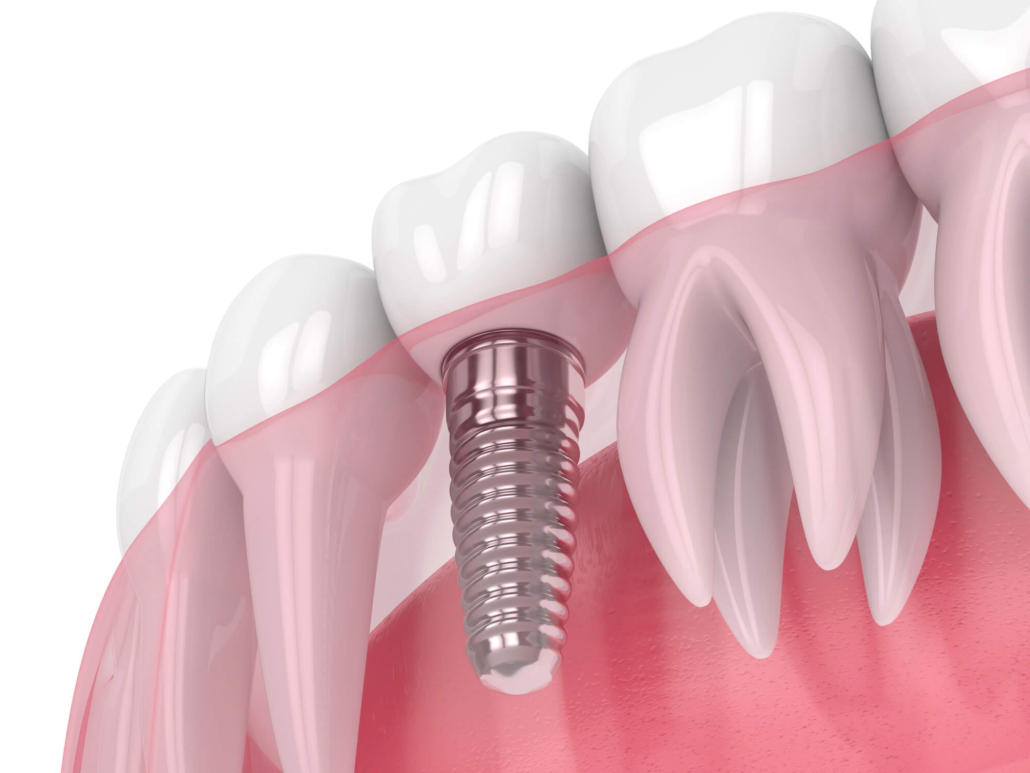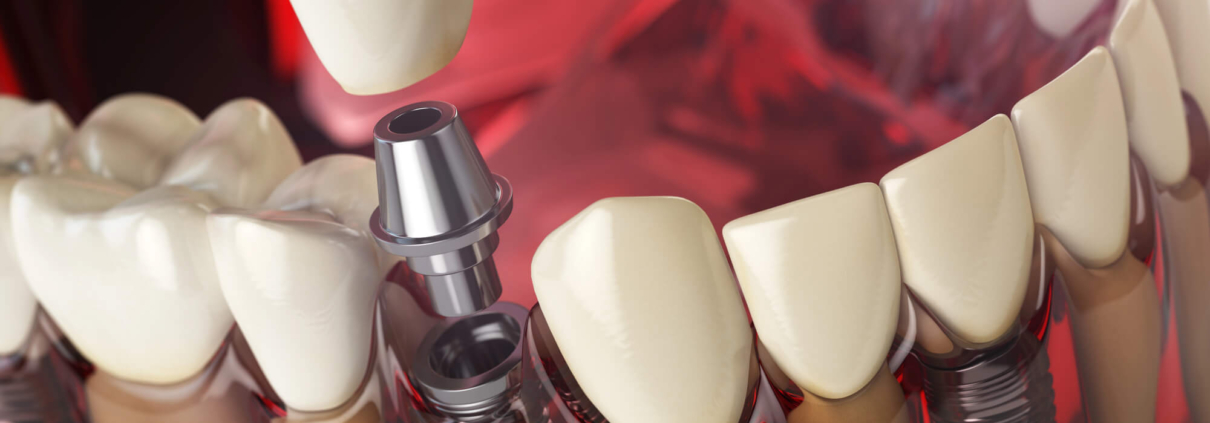Common Medical Concerns That Delay Dental Implant ApprovalÂ
You’ve heard all about the benefits of dental implants. They are permanent, natural-looking, and stable – a cut above the rest. With these features, you are convinced that this is the treatment you want to invest in.  But after your consultation, your dentist pauses. It’s not an automatic yes. This can feel confusing, especially if you’ve been looking forward to replacing missing teeth. Â
For patients considering Hollywood dental implants, health conditions may affect your provider’s timeline or decision. That doesn’t mean you’re ruled out. It simply means your health needs attention before moving forward safely and successfully. If your dentist presses pause, it’s often for your benefit, and it helps create better long-term outcomes.

Why Health Matters for Dental Implant Success
Dental implants aren’t a routine cleaning or surface-level fix. They involve oral surgery, healing time, and bone integration. Your body needs to be in a state where healing is predictable, infection risk is low, and bone can support the implant structure.
Dentists and periodontists assess your overall health because rushing into surgery could lead to complications. They’re not just looking at your teeth—they’re thinking about your immune system, medications, bone density, and more.Â
Let’s take a closer look at the most common medical concerns that might delay approval.
Diabetes and Blood Sugar Management
Uncontrolled diabetes can interfere with your ability to heal after surgery. High blood sugar affects circulation, slows tissue repair, and increases infection risk.
For patients with Type 1 or Type 2 diabetes, it’s not an automatic no, but your dentist will want to confirm your condition is well-managed. That may include speaking with your primary doctor, reviewing recent bloodwork, or adjusting the timing of your procedure to align with a more stable phase.
Controlled diabetes usually means a green light, with a few extra precautions built into the care plan.
Smoking and Tobacco Use
Smoking is one of the top reasons dentists delay dental implant procedures. Tobacco affects the blood vessels that deliver oxygen and nutrients to your gums and jawbone. This can slow down osseointegration, the process where the implant fuses to your bone, and increase your chance of implant failure. Â
If you smoke regularly, your dentist may ask you to quit well before and after the procedure. This isn’t just a preference. It directly impacts your success rate. For patients who stop smoking in the months leading up to surgery, the odds of long-term implant stability improve.it directly impacts your success rate. For patients who stop smoking in the months leading up to surgery, the odds of long-term implant stability improve.
Certain Heart Conditions
People with heart conditions, especially those with valve replacements, arrhythmias, or who have had recent cardiac events, need extra precautions. Implant procedures involve local anesthesia and, in some cases, mild sedation.
Your dentist or surgeon must coordinate with your cardiologist to ensure you’re clear for surgery. Antibiotics may be prescribed as a preventive measure. While a heart condition doesn’t always prevent implants, it may delay the timing or require modifications to your treatment plan.
Osteoporosis and Bone Health
Implants rely on a strong jawbone to anchor the titanium post. If you have osteoporosis or low bone density, your dentist will take special care in assessing your bone levels. This may involve a CT scan or panoramic X-ray to determine if there’s enough structure to hold the implant securely.
If not, your provider may recommend a bone graft before moving forward. Medications used to treat osteoporosis—such as bisphosphonates—can also interfere with bone healing, so your medical history will be reviewed closely.
Autoimmune Disorders
Conditions like rheumatoid arthritis, lupus, or multiple sclerosis can affect healing and increase infection risk. These disorders may also be managed with medications that suppress the immune system, which can impact post-surgical recovery. Â
Your dentist may consult with your specialist to determine whether your immune system is stable enough to support surgery. In some cases, additional planning like pre-treatment antibiotics or modified surgical techniques can make dental implants a safe option, even with a complex health background.
Recent Cancer Treatment
Patients who have undergone chemotherapy or radiation, especially to the head or neck, may need extra time before pursuing implants. Radiation can weaken jawbone structure, and chemo affects the immune system’s ability to heal.
Your oncologist and dentist will work together to decide when your body is ready. This timing varies for everyone, but the priority is always to protect your health first. Once your team gives the go-ahead, implant procedures can move forward in a more predictable, controlled way.
Active Gum Disease
While not a systemic condition, gum disease can be just as impactful on implant success. Periodontal infections weaken the supporting structures of your teeth—and if those same tissues aren’t healthy, they can’t support an implant either. Â
If your dentist identifies signs of infection or inflammation, they’ll recommend periodontal treatment before scheduling implant surgery. Once the gums are healthy and inflammation is controlled, implants become a safer and more stable option.
Â

How Your Dentist Helps You Prepare for the Procedure
Being told you’re not ready for implants can feel like a setback, but it’s actually part of good care. Your dentist wants the implant to last. That means helping you get medical conditions under control, strengthening bone, or allowing time for healing.
They may coordinate with your medical team, suggest lifestyle changes, or recommend a short delay to increase your chances of success. Think of this stage as preparation, not rejection. With the right steps in place, most patients who face delays end up moving forward safely and with excellent results.

Do You Have More Questions About Hollywood Dental Implants?
If you’re considering dental implants and want expert guidance tailored to your health, our Broward Periodontics & Implant Dentistry team is here to help.
Our expert team is trained to assess not just your dental needs, but your total wellness. With compassion, precision, and experience, we create customized plans that prioritize safety and long-term success. Whether you’re ready now or need a little time to prepare, we’ll walk you through the process and answer any questions you may have about the procedure.
Contact Broward Periodontics & Implant Dentistry today to schedule a consultation. A better smile starts with expert care and thoughtful planning.Â



















Leave a Reply
Want to join the discussion?Feel free to contribute!